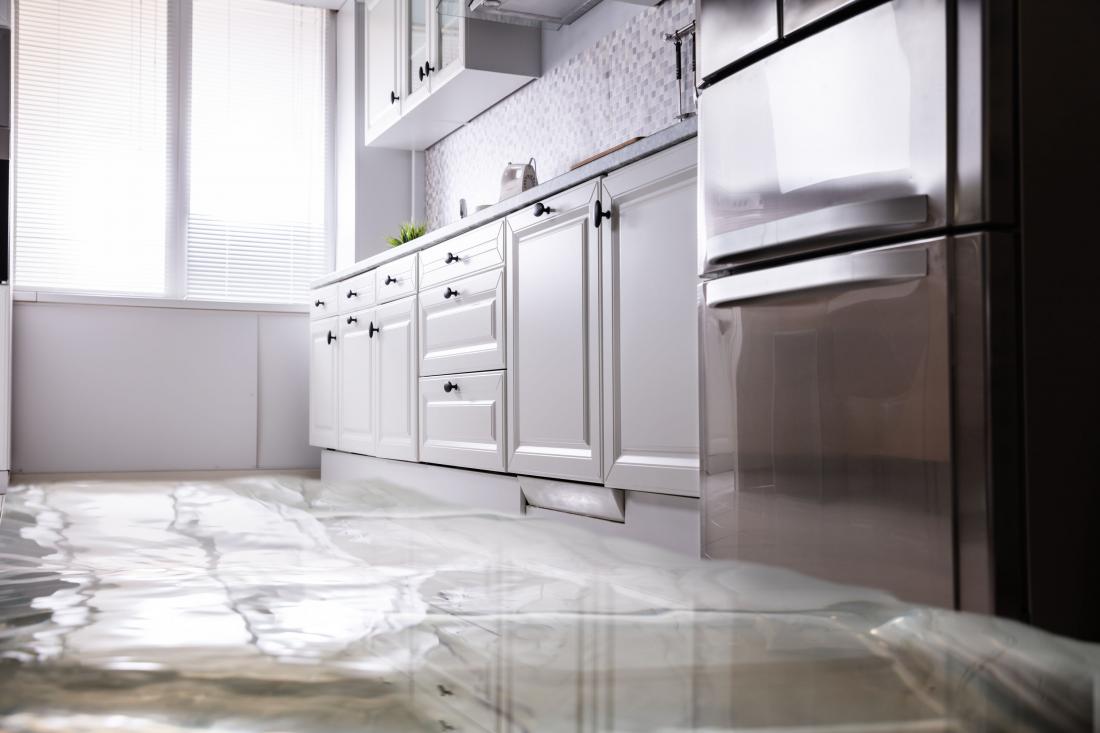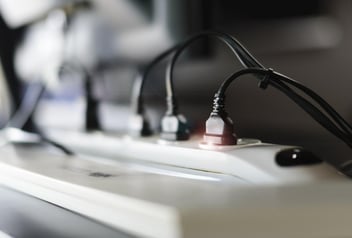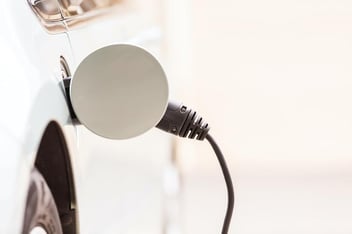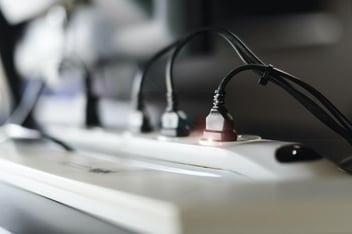We asked our safety officers for a few tips on how to prepare your home or workplace if a flood is imminent. Here’s their advice.
1. Should I turn off my power if my house is flooded?
No. If your house is already flooded, we don’t recommend touching any electrical systems or controls. Instead, leave this to qualified individuals. However, if you are asked to evacuate and your house is not yet flooded, then yes, turn off the power and, if possible, move items of concern to an area of your home above the expected flood level.
2. What do I do with my portable propane appliances and cylinders?
If you know in advance that your community will be impacted by flooding, take some time to secure and safely store any portable gas appliances and cylinders like propane tanks. While you do this, disconnect portable cylinders from appliances such as BBQs and patio heaters as well.
Store your appliances and cylinders in a secure location, ideally where they won’t be affected by possible flood waters. With propane cylinders, you also want to make sure they’re store outside and not indoors.
If, after returning home, you see that your portable appliances have been impacted by flood waters, you’ll need to have them serviced and inspected by a licensed gas contractor before turning them on again.
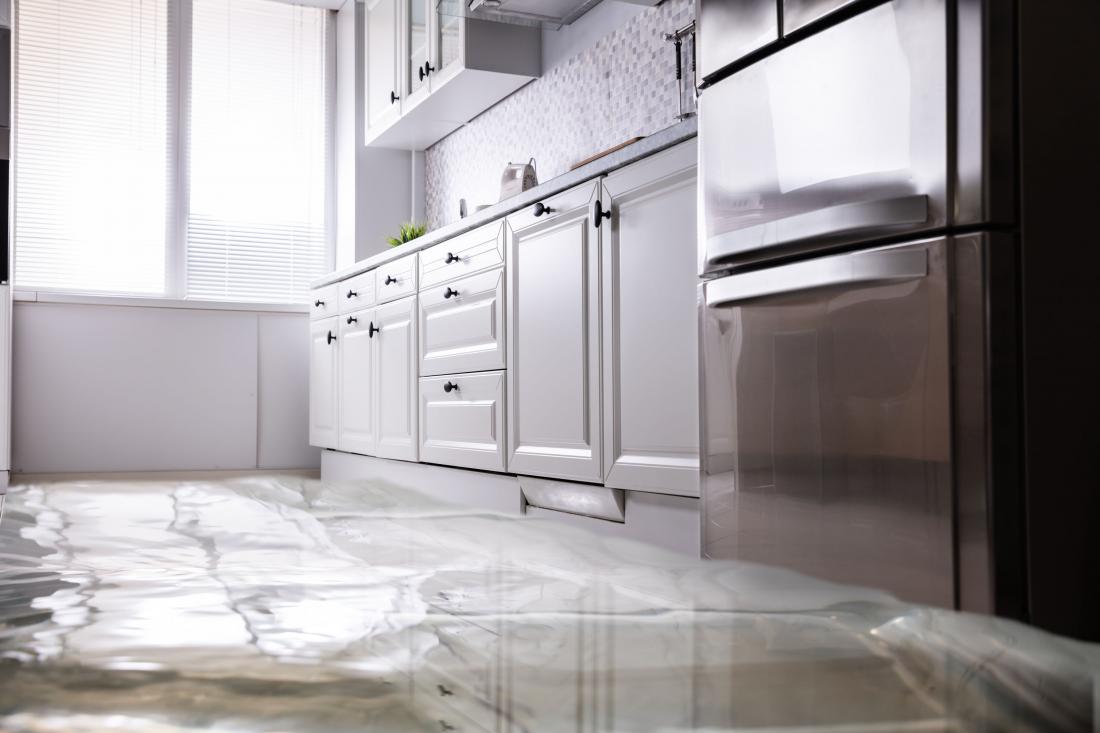
3. Who do I call if my house is supplied with propane?
If your house is supplied with propane for heating and/or hot water purposes, you have a couple of options. You can call a licensed gas contracting company to prepare your propane system for the possibility of a flood situation, or you can call your propane supplier. To find a licensed gas contractor, visit our Find a Contractor page.
4. How will I know if it’s safe to use my electrical system and appliances after a flood?
For your safety, your house’s wiring must be assessed by a licensed electrical contractor registered with Technical Safety BC before it’s re-energized for use. Any equipment or appliances affected by flood water must also be checked by an authorized service provider.
Looking for more flood safety tips? Visit our flood safety page to learn what you can do to keep yourself safe.

